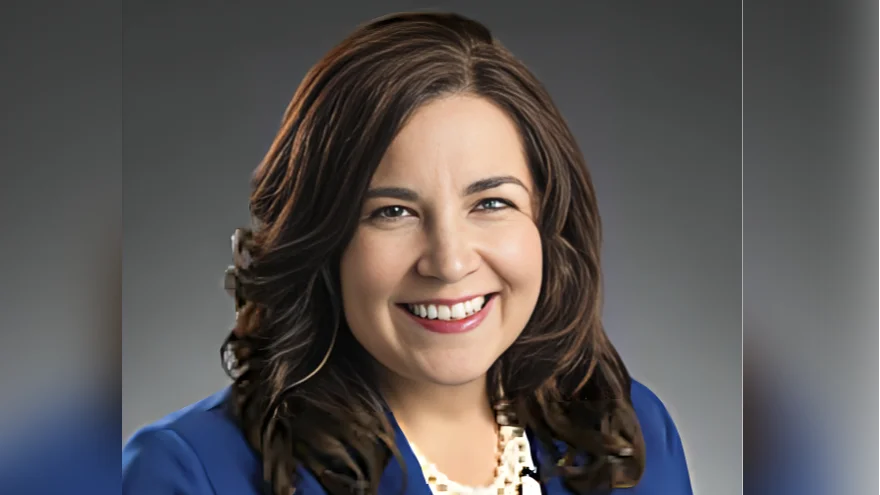Truckee Meadows Community College (TMCC) is expanding its approach to healthcare education by incorporating advanced hands-on learning methods, including the use of Anatomage Tables and cadaver-based studies. These resources provide students with practical anatomy experience, which is uncommon among community colleges in Nevada.
Dr. Cecilia Vigil, a biology professor at TMCC, highlights the value of this educational strategy. The college offers upper-level students the option to participate in cadaver dissection, a practice with roots in medical training dating back to the 3rd century and widely adopted by the 18th century. Despite changes in medical education over time, TMCC continues to emphasize cadaver use as part of its curriculum.
Natasha Lukasiewich, Workforce and Clinical Services Director for the Nevada Hospital Association (NHA), said: “The use of cadaver-based education dates back centuries and has been foundational in medical training. While historically limited to medical schools, nursing and allied health programs have increasingly adopted this method to elevate clinical preparedness. The introduction of Anatomage tables represents a modern evolution of that legacy—pairing classic dissection-based understanding with cutting-edge digital interactivity.”
Lukasiewich also noted: “Today, leading institutions—including university medical centers and trauma training programs—regard these tools as essential. They not only meet rigorous accreditation and competency standards but also serve as a cornerstone for interprofessional education and collaborative practice.”
The COVID-19 pandemic and advances in technology have influenced how healthcare professionals are trained. TMCC’s adoption of digital Anatomage Tables allows students to interact with realistic human body simulations while maintaining opportunities for traditional dissection experiences. This combination positions TMCC as a leader within Nevada for offering such resources.
There are several alternative ways to study anatomy aside from using real bodies. These include textbooks, illustrated guides, 3D models, interactive software, simulators, virtual reality tools, and realistic mannequins representing human body parts. At TMCC, instructors choose the most appropriate methods for each course so that students may work with various technologies during their studies.
Lukasiewich added: “As a former professional nurse educator and retired flight nurse with years of experience in high-acuity, low-frequency procedures, I strongly support the integration of Anatomage tables and cadaver-based learning into undergraduate nursing and allied health education at TMCC.”
In her classes at TMCC, Vigil emphasizes how access to these unique educational tools helps prepare students for demanding roles in healthcare fields. The college follows strict state and federal rules regarding how cadavers are obtained and used out of respect for donors.
"That's what we're all about here at TMCC, providing students ample opportunity for study, enhancing their resumes, enhancing their world, and their view of the world," said Vigil.
The program also incorporates ethical considerations by exploring donor life stories alongside scientific study so that students gain both technical skills and an appreciation for humanity’s role in medicine.
Lukasiewich stated: “Employers across acute and prehospital settings have increasingly prioritized candidates with hands-on anatomical training, noting fewer skill gaps during orientation and onboarding. These tools are a significant differentiator in the job market—especially in trauma, critical care, and transport medicine.”
TMCC offers multiple academic tracks where anatomical knowledge is central. Programs include Public Health (formerly Community Health Science), Surgical Technology focused on assisting surgeons or researching disease prevention; Biology aimed at careers like bioengineering or laboratory diagnostics; Nursing through the Maxine S. Jacobs Nursing Program; as well as Massage Therapy degrees designed around practical skills development.
TMCC’s ongoing investment in applied anatomy learning underscores its focus on innovation within healthcare education while seeking to enhance student outcomes across related fields.
For more information about these programs or opportunities at Truckee Meadows Community College’s Biology and Public Health Department call 775-673-8251.


